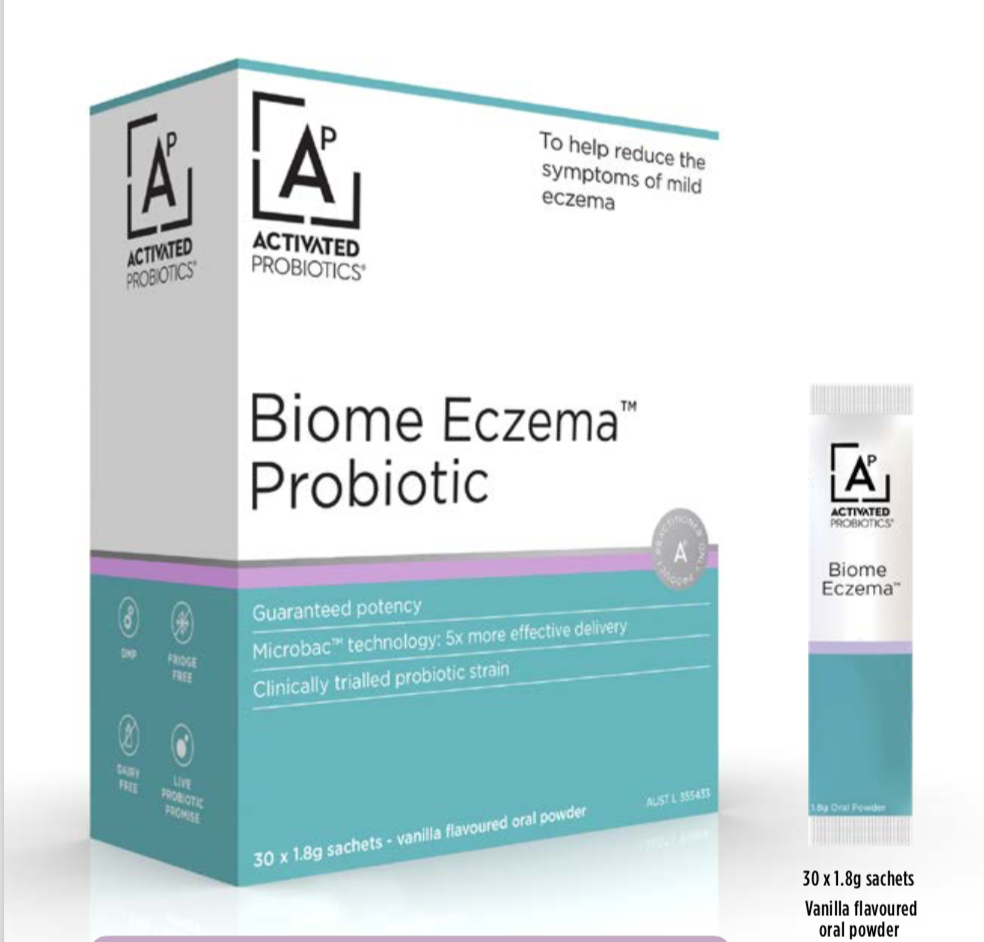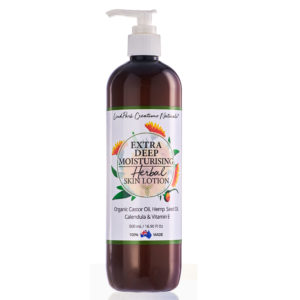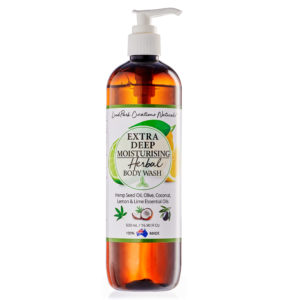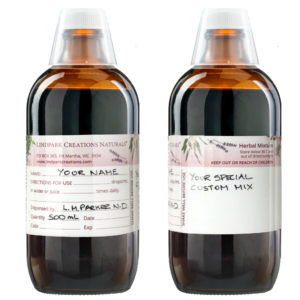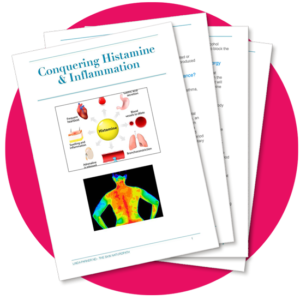Description
Biome Eczema Probiotic ATOPIC DERMATITIS
Atopic dermatitis (AD) is a chronic inflammatory skin disease affecting twenty percent of children and approximately five percent of adults.
Atopic dermatitis has various presentations depending on age, but is generally characterized by inflamed and reddened skin, with dry and scaly skin lesions. Pruritus (itchiness) is severe and a direct consequence of inflammation, leading to a scratch-itch cycle which perpetuates the lesions. In atopic dermatitis, allergen specific IgE antibodies bind to receptors on mast cells in the skin, creating sensitised cells which undergo degranulation upon exposure to the allergen. Subsequent release of inflammatory mediators by these cells creates the inflammatory cascade, lesions and pruritus characteristic of atopic dermatitis. Atopic dermatitis can have substantial negative physical and psychological impacts, contributing to impaired quality of life especially in relation to the itch which can cause great distress and significantly disturb sleep.
Biome Eczema Probiotic PROBIOTIC IMMUNOMODULATION
Due to the immunomodulatory role of the gut microbiota, various probiotic strains have been studied for their ability to modulate the T helper 1 (Th1) and T helper 2 (Th2) lymphocyte balance and normalise IgE antibody production in humans. Their impact on the severity and progression of atopic diseases, including atopic dermatitis, has been a focus of clinical research.
One of the most extensively studied strains is Lactobacillus salivarius LS01. LS01 exerts a regulatory effect upon the Th1:Th2 lymphocyte ratio in those with atopic dermatitis through its immunological influence in the gut, reducing Th2 cytokines and downregulating the production of IgE antibodies to reduce allergen reactivity and improve symptom severity
Biome Eczema Probiotic CLINICAL EVIDENCE
Clinical trials investigating the effect of Lactobacillus salivarius LS01 on the symptoms of atopic dermatitis have yielded positive results.
A trial published in 2012 gave 38 adults with atopic dermatitis a supplement containing either 1 billion CFU of L. salivarius LS01 or placebo twice daily for 16 weeks. Patients in the probiotic group showed a statistically significant 52% reduction in symptoms of atopic dermatitis, as well as a 55% improvement in quality of life, when compared to the placebo group. On further examination four months after completing the trial it was found that the placebo group (but not the probiotic group) exhibited a significant reduction in Th1 cytokines and Th1/Th2 ratio.
Fecal counts of Staphylococci and lipopolysaccharide serum plasma concentrations were also significantly reduced compared to placebo. Thus highlighting the broad therapeutic actions of LS01 with the potential to address numerous contributing factors to atopic dermatitis.

